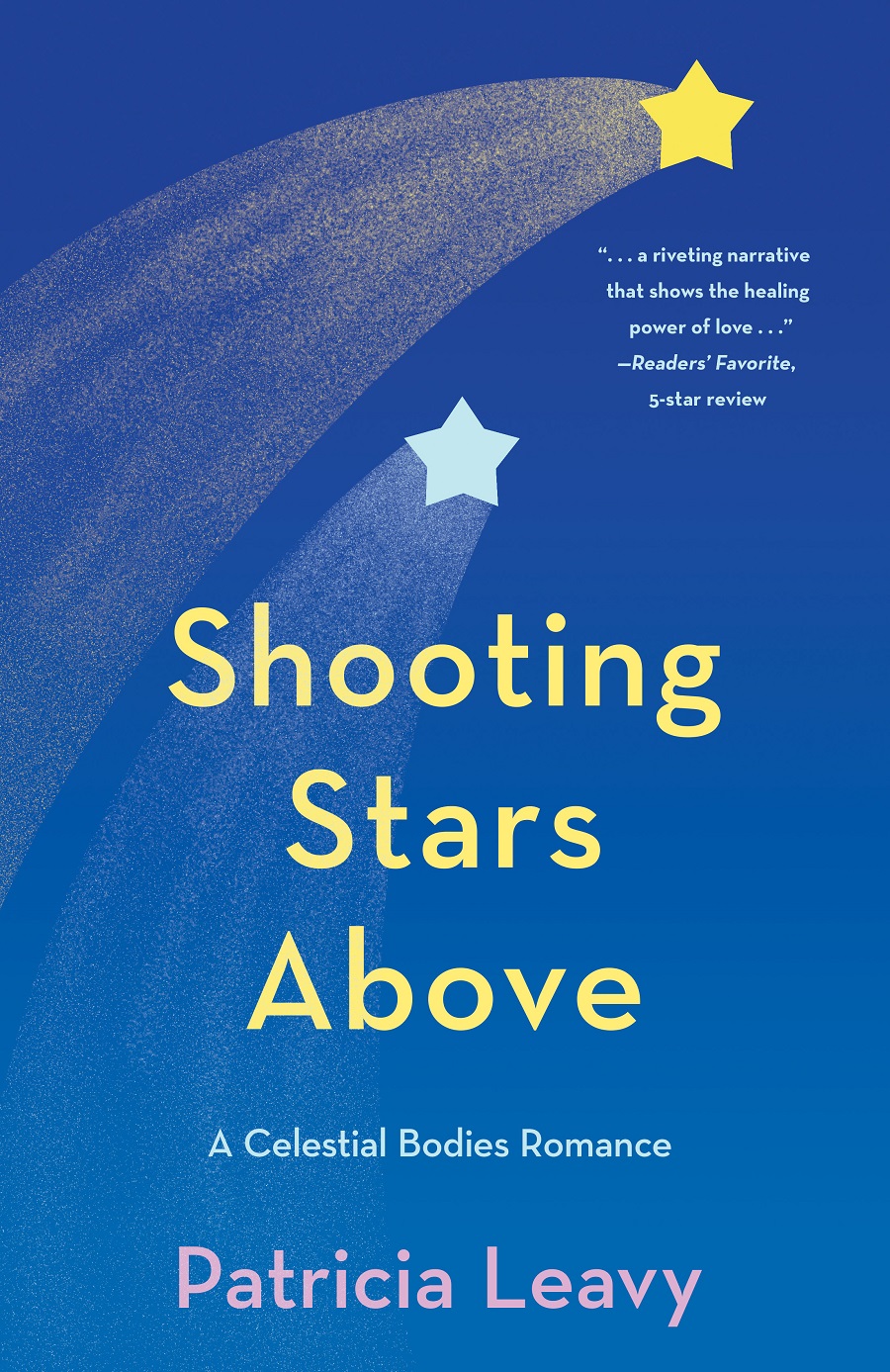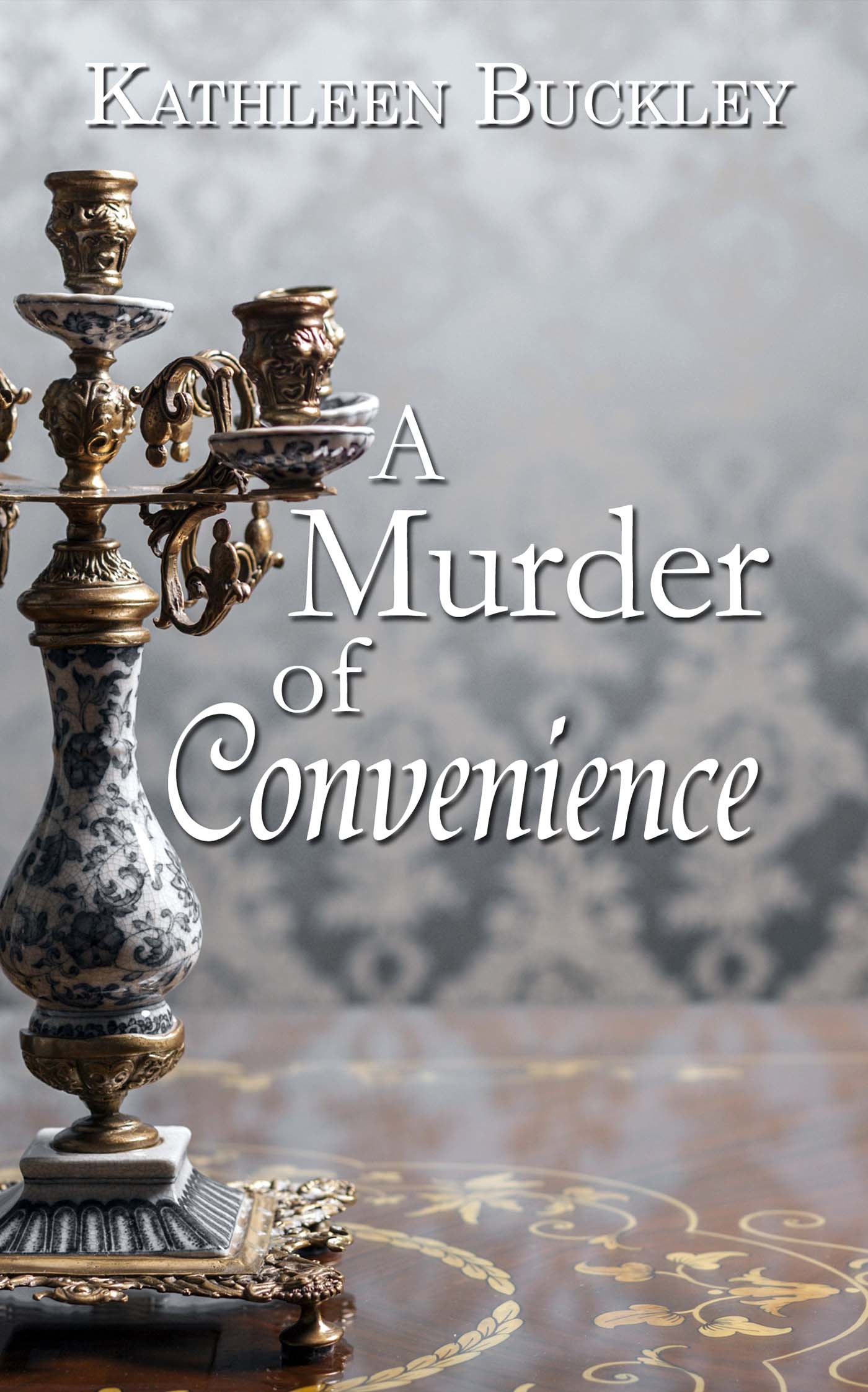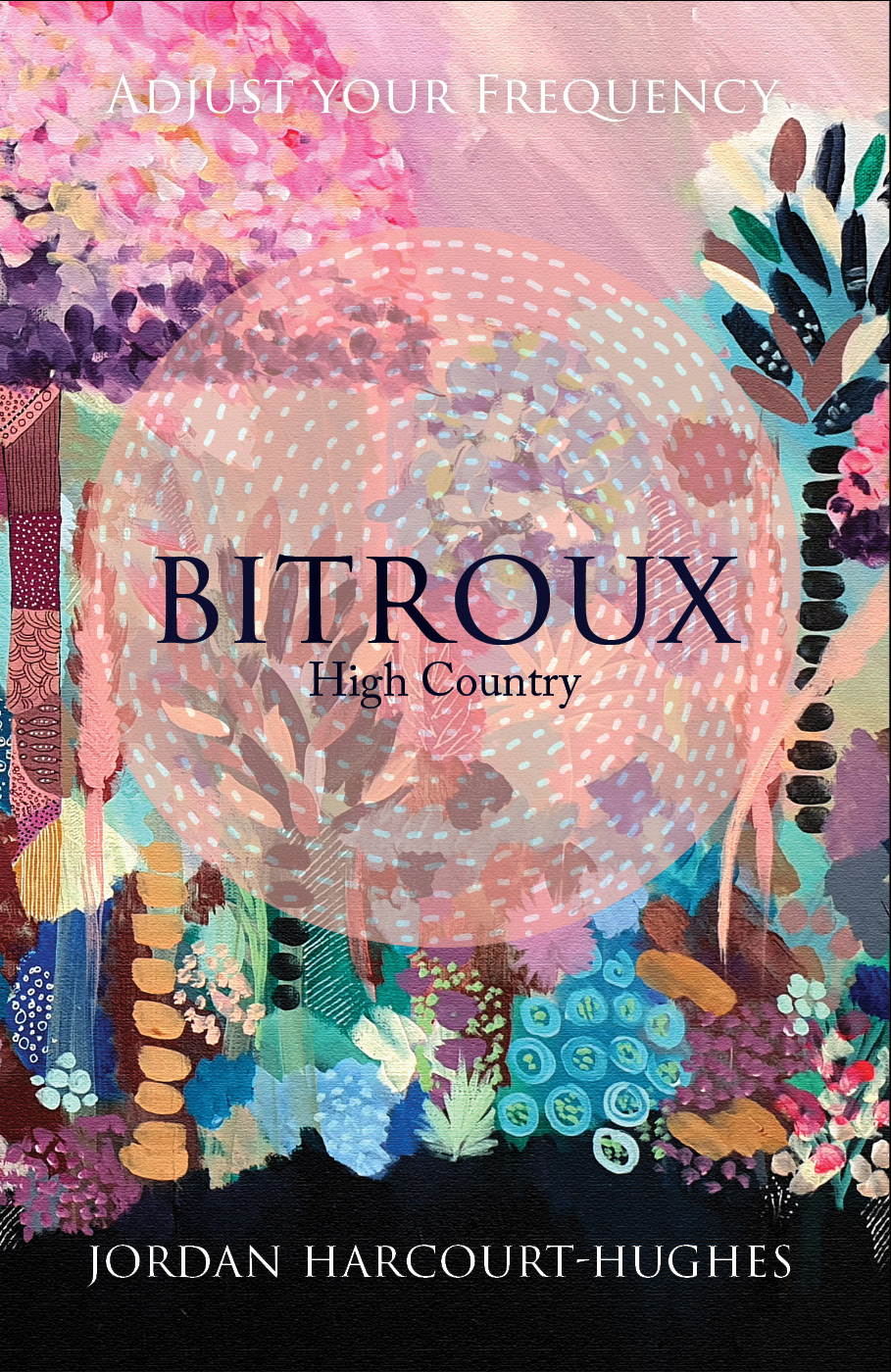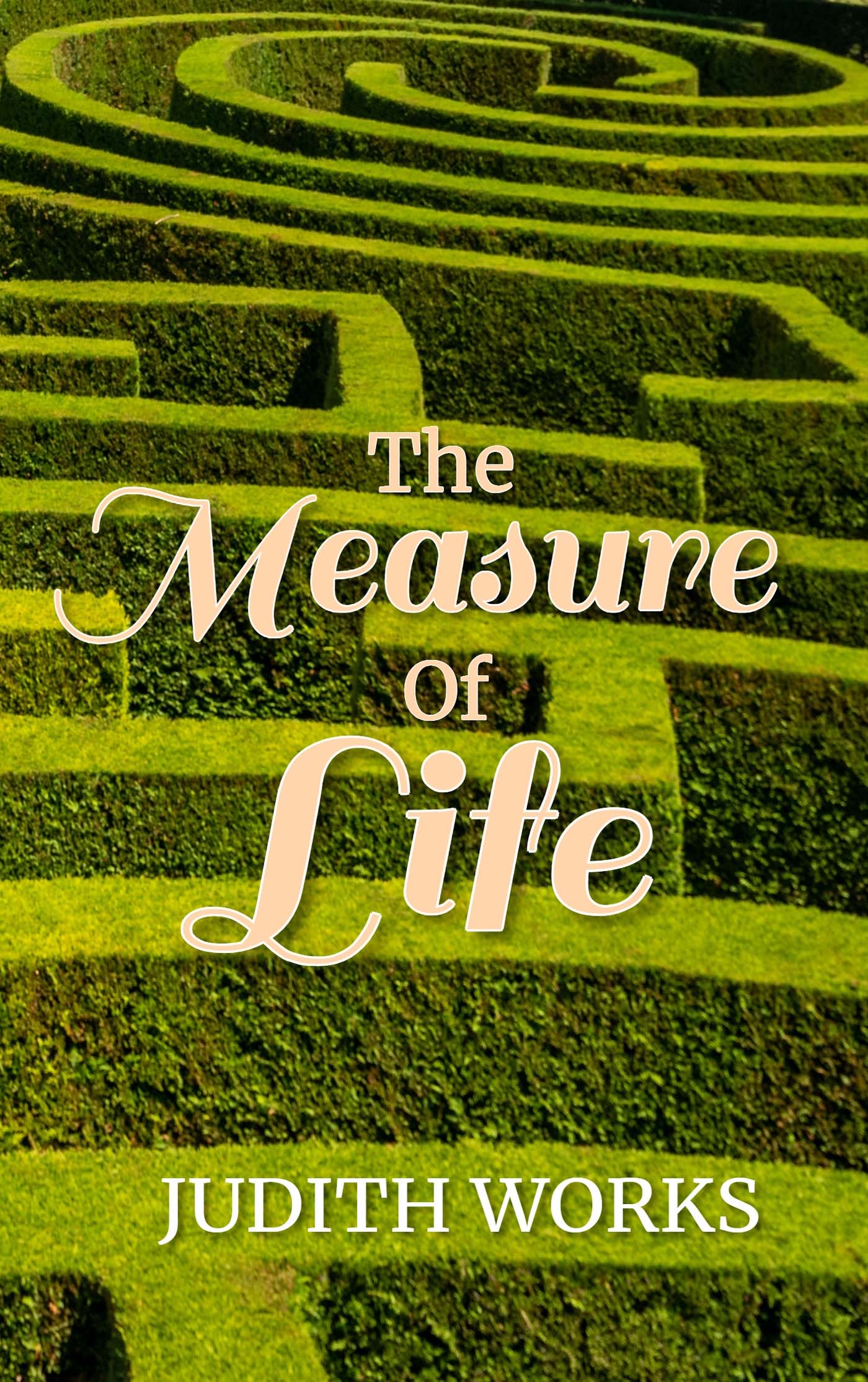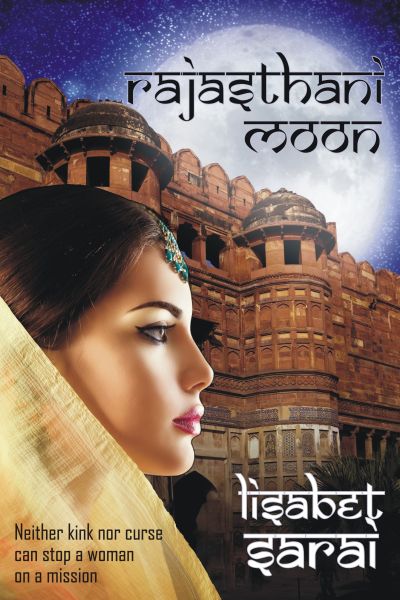
Each Wednesday, Long and Short Reviews hosts a weekly “blog hop”. For more details on how to participate, please click here.
Today’s topic is: A Documentary I Liked
| 1. | Tanith Davenport | 4. | Cassie @ The | |
| 2. | George L Thomas | 5. | Patrick Prescott | |
| 3. | Lydia Schoch | 6. | M | RAIN CITY READS |
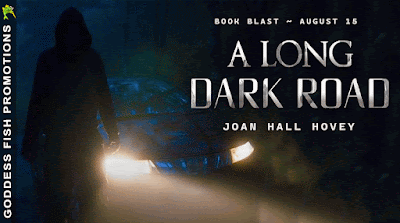

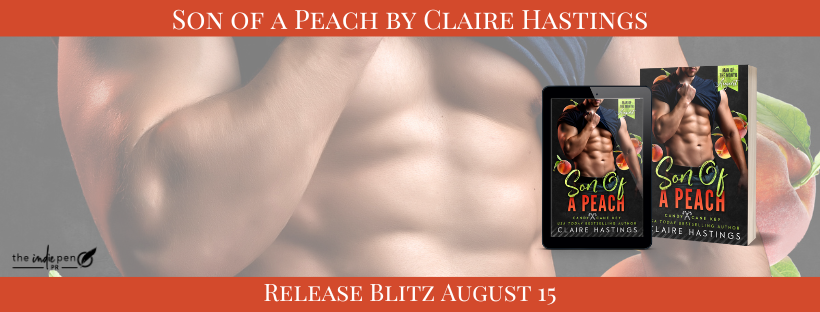
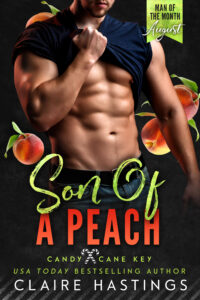 Peaches are my life.
Peaches are my life.


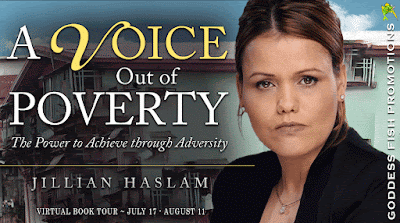






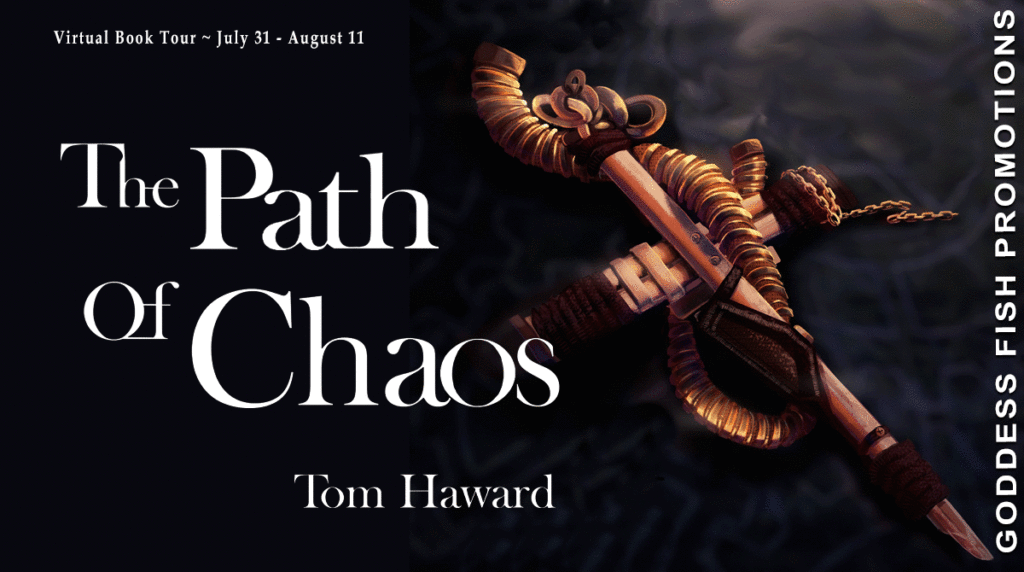
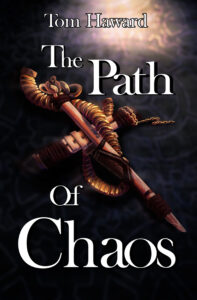 It is the year 2030, and the Roman Empire never fell. Emperor Nero II rules half the world, but half the world is not enough for the unpredictable Emperor.
It is the year 2030, and the Roman Empire never fell. Emperor Nero II rules half the world, but half the world is not enough for the unpredictable Emperor.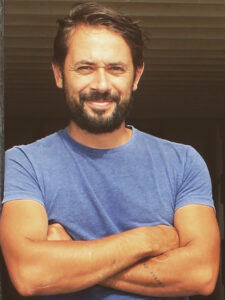 Tom was born in Essex and at 4 months old he and his identical twin were adopted into an oyster farming family. Tom now runs the business as generation eight of Haward oyster farmers. He has a fiancée, baby daughter and a cockapoo.
Tom was born in Essex and at 4 months old he and his identical twin were adopted into an oyster farming family. Tom now runs the business as generation eight of Haward oyster farmers. He has a fiancée, baby daughter and a cockapoo.





